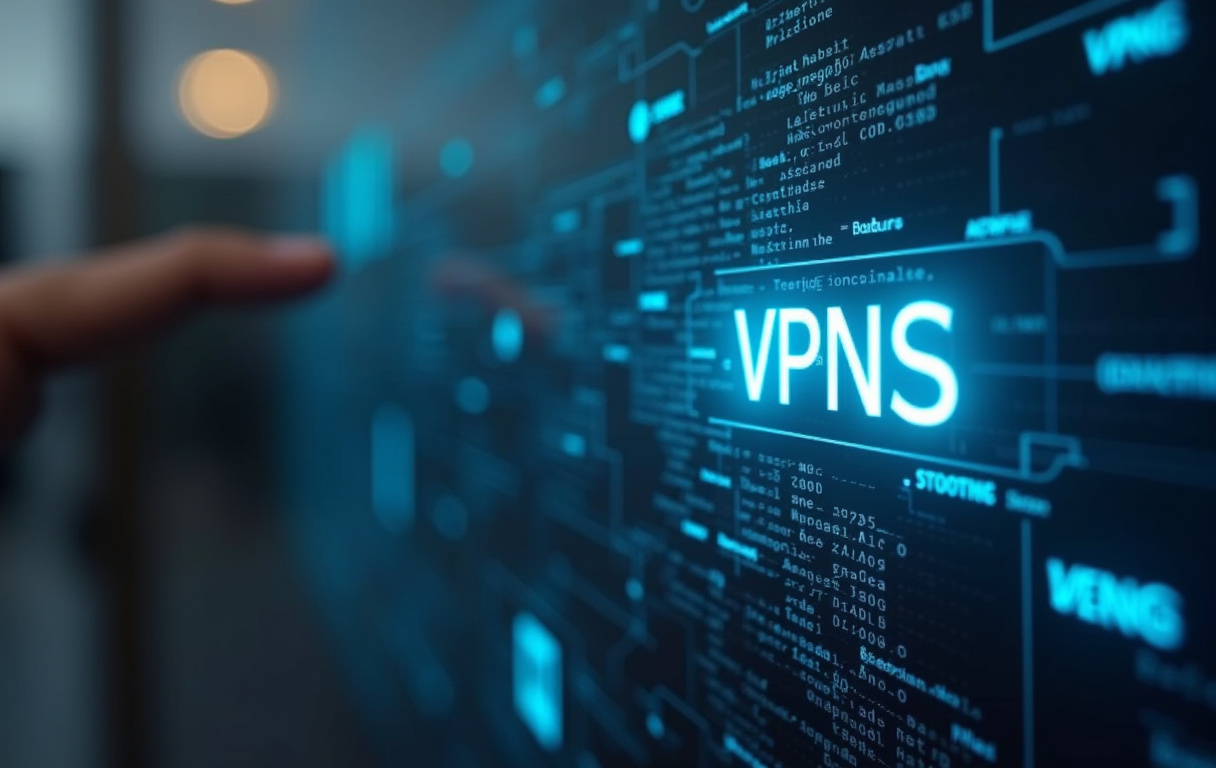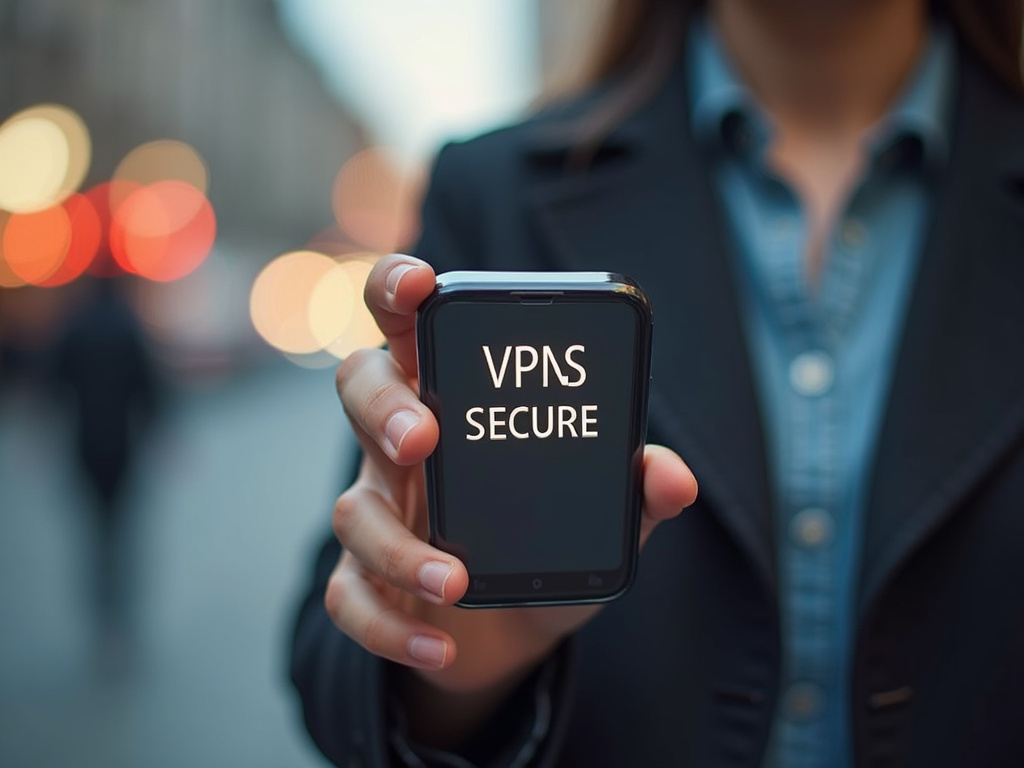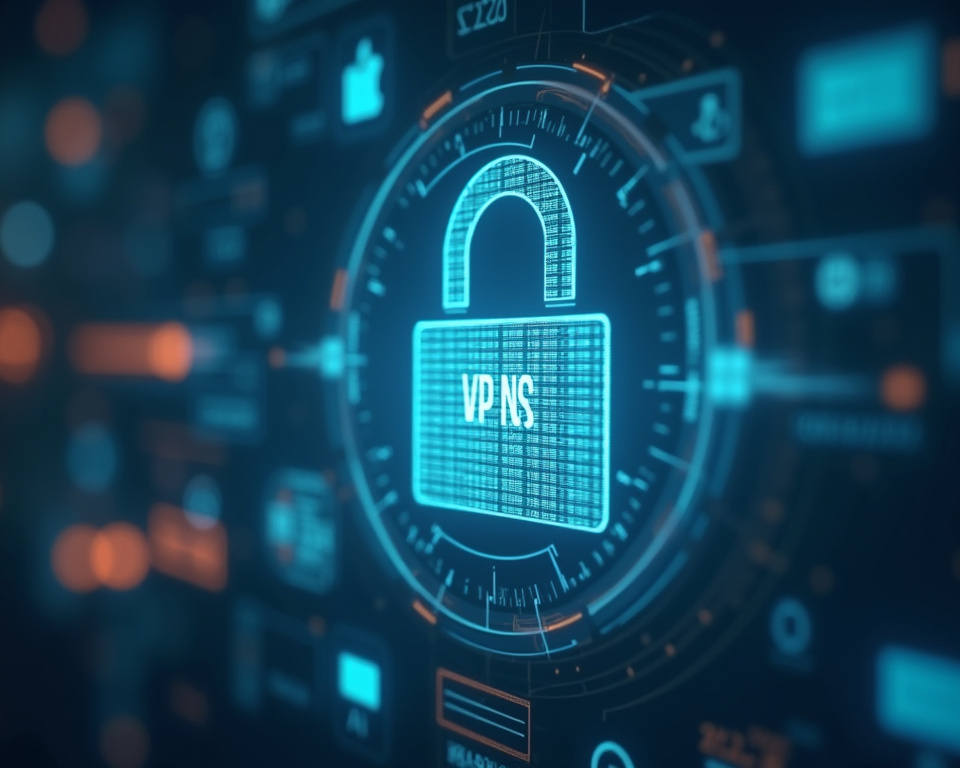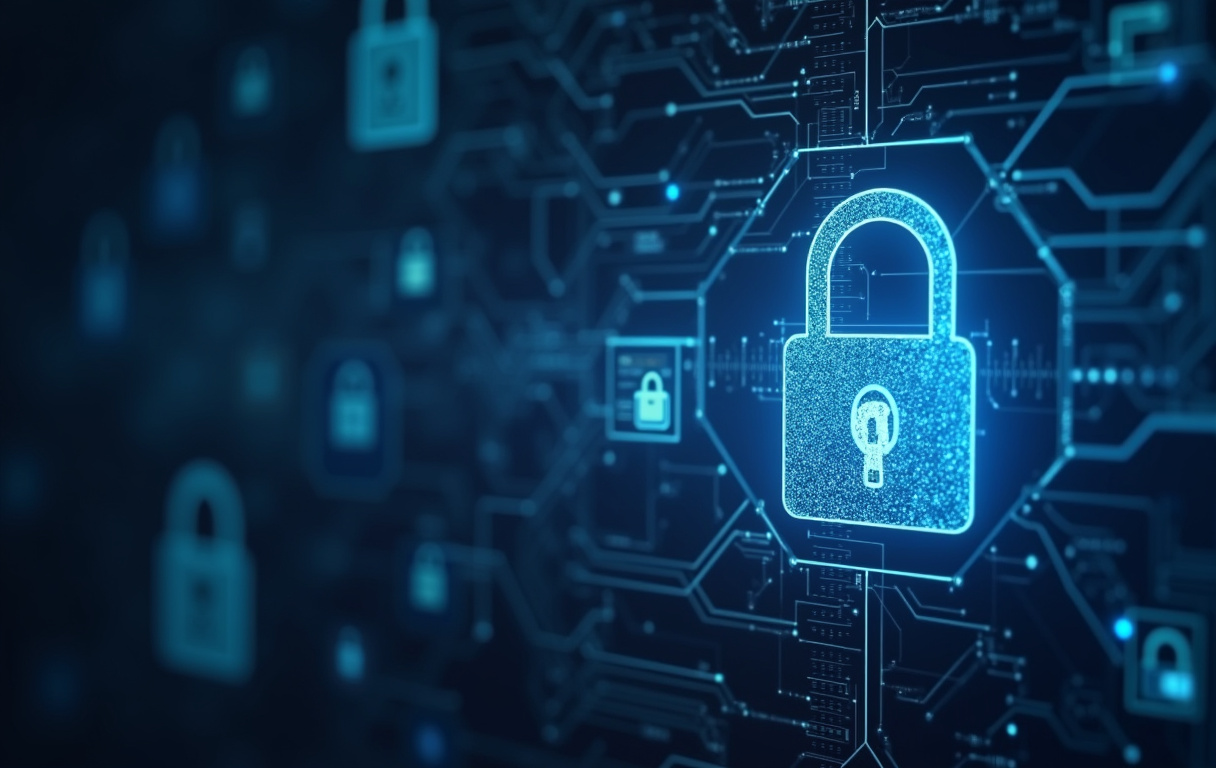VPNs for Military Personnel: Accessible Security Abroad

Table of Contents
In an era defined by constant digital connectivity, the need for secure and private online communication has never been more critical, particularly for military personnel serving across the globe. Stationed far from home, often in volatile regions, these individuals face a unique intersection of cybersecurity risks that demand comprehensive and readily accessible solutions. From government surveillance and malicious cyberattacks targeting sensitive information to restrictions on accessing essential content and the inherent vulnerabilities of public Wi-Fi networks, the digital threats are omnipresent.
In this landscape, a Virtual Private Network (VPN) emerges as an indispensable tool, not simply a technological convenience, but a necessity for ensuring the safety, security, and operational effectiveness of military personnel abroad. This article will explore the vital role a military VPN plays in providing this accessible security, emphasizing its ability to deliver robust overseas protection, ensure secure access to critical resources, and offer a suite of robust security features designed to mitigate the unique risks faced by those serving in the armed forces. We will delve into the specific challenges encountered by military personnel online, meticulously examine the multifaceted benefits of employing a VPN, identify the key features to seek in VPN services specifically tailored for military use, and provide actionable best practices for utilizing VPNs effectively to maximize their protective capabilities.
Military personnel stationed abroad must navigate a complex web of cybersecurity challenges that demand more than just standard security protocols. Their online activities can inadvertently expose them to a myriad of risks, ranging from sophisticated government surveillance efforts aimed at gathering intelligence to targeted malicious attacks designed to compromise sensitive information and disrupt operations. The use of public Wi-Fi networks, often the only readily available internet access in hotels, cafes, or airports, presents a particularly acute vulnerability.
These networks are notoriously susceptible to man-in-the-middle attacks, where malicious actors intercept and steal data transmitted between the user's device and the internet, potentially compromising login credentials, financial information, and even classified communications thus undermining secure access. Furthermore, even seemingly innocuous activities such as general web browsing without adequate protection can inadvertently reveal a user's location, browsing habits, and other personal information, making them a potential target for espionage, identity theft, or even physical harm. Social media usage, while often a vital means of connecting with family and friends back home, poses a significant risk, as personal information, location data, and even seemingly inconsequential details can be easily extracted and used for malicious purposes, creating a potential security vulnerability.
The importance of secure communication for military personnel cannot be overstated. Protecting classified information, strategic plans, and personal details is not merely a matter of individual privacy; it is crucial for ensuring operational security and maintaining the safety of individuals and their units. A robust military VPN provides the critical means to encrypt all online communication, effectively making it virtually unreadable to unauthorized parties.
This encryption extends beyond simple web browsing to encompass email communications, secure messaging apps, and even Voice over Internet Protocol (VoIP) calls, ensuring that sensitive information remains protected even in the face of sophisticated surveillance attempts. By strategically routing internet traffic through secure servers strategically located in different countries around the world, military VPNs can also effectively mask the user's true IP address, making it significantly more difficult to trace their online activities back to their physical location or identity. This added layer of anonymity provides a crucial shield against targeted attacks and persistent surveillance, providing military personnel with the freedom to perform their vital duties and communicate with loved ones without the constant fear of intrusion or compromise.
Ultimately, choosing the right VPN service requires a careful and considered evaluation of essential security features, including the strength of the encryption protocols employed, the availability of multiple protocol options, the stringency of the provider's no-logs policy, and the strategic location and redundancy of server networks to guarantee reliable access and robust security wherever military personnel may be stationed.
The core benefit of deploying a well-configured military VPN lies in its ability to establish an impenetrable, encrypted connection between the user's device, be it a laptop, smartphone, or tablet, and the vast expanse of the internet. This is not merely a superficial layer of security but a fundamental transformation of the data stream, wherein all information transmitted is scrambled into an unreadable ciphertext format, rendering it unintelligible to anyone attempting to intercept or eavesdrop on the communication. This encryption process becomes absolutely indispensable when military personnel are accessing sensitive information, whether it's operational briefings, logistical data, or personal financial records, or communicating through potentially insecure networks such as public Wi-Fi hotspots or unencrypted messaging services.
Furthermore, a military VPN goes beyond simple encryption by effectively masking the user's true IP address, the unique numerical identifier that pinpoints a device's location on the internet. By routing all traffic through a remote server, the VPN presents the server's IP address to the outside world, effectively hiding the user's real IP and making it significantly more difficult, if not impossible, to track their online activities or determine their physical location. This is of paramount importance for military personnel stationed in regions where their presence might attract unwanted and potentially dangerous attention from hostile actors, foreign intelligence agencies, or even local criminal elements.
Military VPNs employ a diverse array of sophisticated encryption protocols to rigorously safeguard data, with the Advanced Encryption Standard (AES) widely recognized as the gold standard in modern cryptography. AES operates on the principle of symmetric-key encryption, utilizing the same secret key for both encrypting and decrypting data in discrete blocks, making it virtually impenetrable without the precise key. Various key lengths are available, ranging from AES-128, offering a baseline level of security, to AES-192, providing enhanced protection, and AES-256, delivering the highest conceivable level of encryption strength.
Each increment in key length dramatically increases the computational effort required to crack the encryption, making AES-256 the preferred choice for securing highly sensitive military communications and data. In addition to the encryption algorithm itself, the overall security of a VPN connection is heavily dependent on the underlying VPN protocol used to establish and maintain the secure tunnel. Popular VPN protocols include OpenVPN, a highly versatile and widely trusted protocol renowned for its open-source nature, robust security features, and cross-platform compatibility; IKEv2/IPsec, another robust protocol known for its speed, stability, and seamless integration with mobile devices, making it ideal for on-the-go use; and WireGuard, a cutting-edge protocol designed to provide exceptional speed and security with a streamlined codebase, making it a promising alternative to older, more complex protocols.
One of the most critical assurances a military VPN must provide is a strict and rigorously enforced no-logs policy. This unwavering commitment signifies that the VPN service provider does not track, monitor, or store any information whatsoever about the user's online activities, including browsing history, connection timestamps, IP addresses, data usage, or any other potentially identifying information. A no-logs policy guarantees that the user's privacy is completely protected, even in the event of a legal request, government subpoena, or a data breach affecting the VPN provider's infrastructure.
Military personnel must meticulously review the VPN provider's privacy policy, ensuring that it explicitly and unequivocally states its commitment to not collecting or storing user data and that the policy is regularly audited by independent third-party security firms.
Selecting the right VPN services for military personnel demands careful evaluation, particularly given their distinct requirements for secure access and robust overseas protection. Paramount among these considerations is a foundation of robust security measures. A capable military VPN must employ cutting-edge encryption protocols, with AES-256 readily available, this offers unparalleled protection against unauthorized access attempts.
The service should maintain support for various VPN protocols, including IKEv2/IPsec, OpenVPN, and WireGuard granting users the adaptability to choose that which most aptly suits their needs, as well as varying network conditions. An essential, no-compromise security element is a kill switch, which works by severing internet connectivity instantly should the VPN connection falter. This prevents exposure over an otherwise unprotected network.
Fundamental is DNS leak protection. This ensures DNS requests route via the VPN server, thus blocking third-party browsing activity tracking by DNS servers, which compromises operational security. Moreover, safeguard measures against WebRTC leaks are expected to obfuscate a user's original IP address within WebRTC communications, thereby bolstering privacy.
Performance and reliability also bear significantly on practical usability. Military personnel frequently need to use services and applications requiring significant bandwidth, such as video conferencing, large file exchanges, and streamed media content. A fast, dependable server network helps ensure continuous, fluid operation.
Latency can be minimized, and connection speed improved, through a VPN providing servers positioned geographically near to the user. VPNs equipped with split tunneling enhancements have enhanced efficiency. Select traffic may be channelled via the VPN, whilst other traffic utilizes a standard internet connection; this offers a practical solution for location services or local websites struggling to work well with a VPN.
This enhances the flexibility of online management, particularly where military obligations require it. Furthermore, the practical availability of a wide server range is key. This enables connection to different geographical regions to circumvent censorship or access content restricted by geolocation.
A variety of server locations adds considerably to overall flexibility and usefulness, and maximizes content availability for military personnel. VPN applications, intended for use on assorted platforms and devices, need special consideration. Compatibility with Windows, macOS, Android, and iOS operating systems supports consistent secure connection from varied devices.
User-friendliness is valuable, thanks to how intuitive apps result in rapid adoption and optimal employment of VPN capabilities by military personnel. Round-the-clock customer support is key, since technical support can quickly resolve connectivity or app use issues. Priority telephone, email, or live chat access to responsive, well-informed support staff enhances overall user experience.
Independent audit trails, for validation of the stated no-logs policy by third parties, is imperative. Verifiable security practices promote user confidence, thus guaranteeing security.
Beyond the technical specifications and features of a military VPN, understanding how to effectively utilize it is crucial for maximizing its protective capabilities. Best practices encompass both the initial setup and ongoing usage of the VPN to ensure a secure and private online experience. The first step is to choose a strong and unique password for the VPN account.
Avoid using easily guessable passwords or reusing passwords from other online services. A password manager can be helpful in generating and storing complex passwords securely. Enabling two-factor authentication (2FA) adds an extra layer of security by requiring a second verification code, typically sent to a mobile device, in addition to the password.
This makes it significantly more difficult for unauthorized individuals to access the VPN account, even if they have obtained the password. Before connecting to the VPN, it is essential to ensure that the device's operating system and installed applications are up to date with the latest security patches. These updates often address known vulnerabilities that could be exploited by malicious actors to compromise the device.
Regularly scanning the device for malware and viruses is also crucial in preventing infections that could compromise the security of the VPN connection. When connecting to the internet, always prioritize using the VPN connection, especially when accessing sensitive information or communicating through potentially insecure networks. Ensure that the VPN is automatically configured to connect whenever the device starts up or connects to a new network.
Familiarize yourself with the VPN application's settings and features, such as the kill switch, DNS leak protection, and WebRTC leak protection, and ensure that they are properly configured to provide maximum security. Regularly check the VPN connection status to ensure that it is active and that data is being encrypted. Be cautious of phishing scams and malicious websites that may attempt to steal login credentials or install malware.
Always verify the authenticity of websites and emails before entering any sensitive information. Avoid clicking on suspicious links or downloading files from untrusted sources. When using public Wi-Fi networks, be extra vigilant about security.
Avoid accessing sensitive information or conducting financial transactions on public Wi-Fi unless the VPN connection is active and secure. Consider using a firewall to further protect the device from unauthorized access. Regularly monitor the VPN provider's website and social media channels for announcements about security updates, bug fixes, and potential security threats.
Stay informed about the latest cybersecurity threats and best practices for protecting online privacy. Educate yourself about common phishing scams, malware attacks, and social engineering techniques. Be aware of the risks associated with sharing personal information online and take steps to protect your privacy.
By following these best practices, military personnel can effectively utilize military VPN to protect their online privacy and security while serving abroad.
In conclusion, military VPNs represent a vital and accessible security solution for military personnel stationed across the globe, who face unique and ever-evolving cybersecurity threats. They offer much-needed overseas protection, ensure secure and uninterrupted access to information, and provide a robust set of security features designed to mitigate risks unique to their service. By providing encrypted connections, masking IP addresses, and adhering to stringent no-logs policies, military VPNs empower military personnel to communicate securely, access essential resources, and protect their privacy while operating in potentially hostile digital environments.
The selection of a suitable VPN service is a critical initial step. Prioritize stringent security, reliable performance, intuitive usability, and dedicated customer support as key decision factors in making an informed choice. Features such as AES-256 encryption, a wide range of VPN protocols, kill switch functionality, and DNS leak protection are indispensable for ensuring a secure and private online experience, always.
Adopting best practices for VPN usage is equally important for maintaining a strong security posture. Military personnel should take deliberate steps to ensure that their devices and operating systems are up to date, avoid suspicious links, and vigilantly protect login credentials from phishing attacks. Additionally, staying informed about the latest cybersecurity threats and trends helps maintain a security-conscious mindset.
Ultimately, for military personnel serving abroad, a military VPN is not merely a software application but a critical tool for maintaining operational security, protecting personal privacy, and ensuring the ability to safely and reliably access essential resources. By understanding the risks they face, carefully selecting a suitable VPN service, and consistently following best practices for its use, military personnel can empower themselves to navigate the digital landscape with confidence and security, regardless of their operational deployment locations. As cyber threats evolve, the role of VPNs in the military will only become more critical.
Embracing this technology and promoting its effective use within the armed forces is vital for safeguarding national security and protecting those who serve.
Stay Updated
Get the latest VPN news, tips, and exclusive deals to your inbox.




